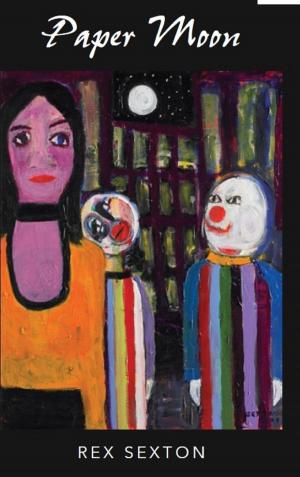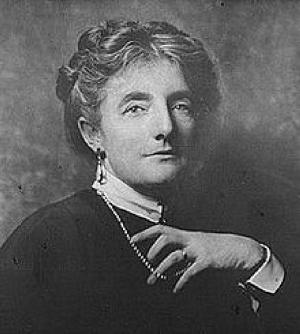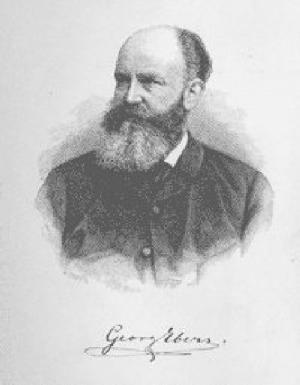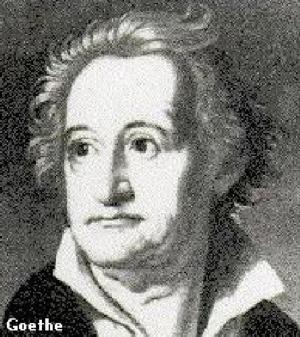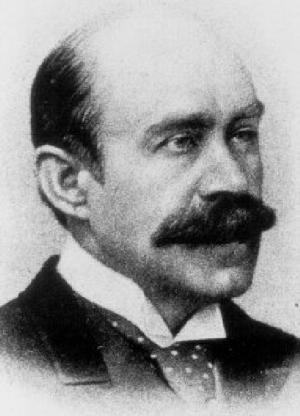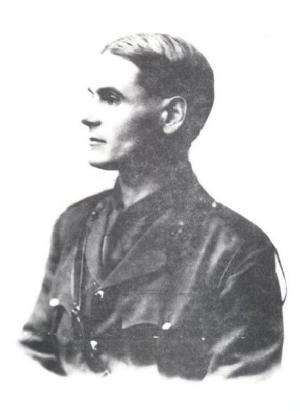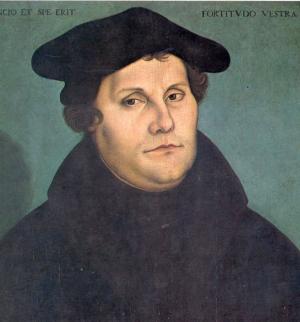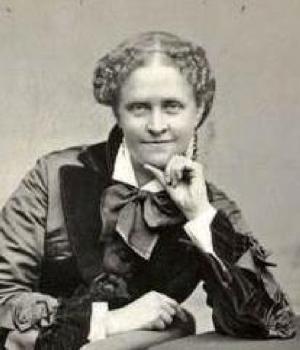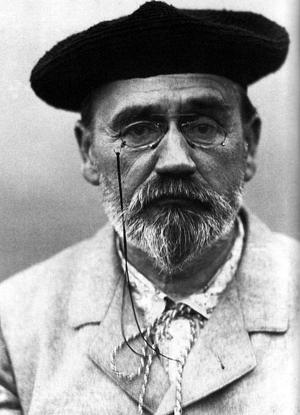| Author: | Victor Hugo | ISBN: | 9781455333127 |
| Publisher: | Samizdat Express | Publication: | December 15, 2009 |
| Imprint: | Language: | French |
| Author: | Victor Hugo |
| ISBN: | 9781455333127 |
| Publisher: | Samizdat Express |
| Publication: | December 15, 2009 |
| Imprint: | |
| Language: | French |
According to Wikipedia: "Napoleon le Petit was an influential political pamphlet by Victor Hugo which condemned the reign of Napoleon III, Emperor of the French. Hugo lived in exile in Guernsey for most of Napoleon III's reign, and his criticism of the monarch was significant as he was one of the most prominent Frenchmen of the time, and was revered by many. It includes the concept of two and two make five as a denial of truth by authority, a notion later used by George Orwell in Nineteen Eighty-Four Volumes were smuggled into France (eg. in bales of hay, and between metal sheets as a tin of sardines), read at secret meetings, and hand-copied."Also according to Wikipedia: ""Victor-Marie Hugo (26 February 1802 22 May 1885) was a French poet, playwright, novelist, essayist, visual artist, statesman, human rights activist and exponent of the Romantic movement in France. In France, Hugo's literary fame comes first from his poetry but also rests upon his novels and his dramatic achievements. Among many volumes of poetry, Les Contemplations and La Légende des siècles stand particularly high in critical esteem, and Hugo is sometimes identified as the greatest French poet. Outside France, his best-known works are the novels Les Misérables and Notre-Dame de Paris (known in English also as The Hunchback of Notre Dame). Though a committed conservative royalist when he was young, Hugo grew more liberal as the decades passed; he became a passionate supporter of republicanism, and his work touches upon most of the political and social issues and artistic trends of his time. He is buried in the Panthéon."
According to Wikipedia: "Napoleon le Petit was an influential political pamphlet by Victor Hugo which condemned the reign of Napoleon III, Emperor of the French. Hugo lived in exile in Guernsey for most of Napoleon III's reign, and his criticism of the monarch was significant as he was one of the most prominent Frenchmen of the time, and was revered by many. It includes the concept of two and two make five as a denial of truth by authority, a notion later used by George Orwell in Nineteen Eighty-Four Volumes were smuggled into France (eg. in bales of hay, and between metal sheets as a tin of sardines), read at secret meetings, and hand-copied."Also according to Wikipedia: ""Victor-Marie Hugo (26 February 1802 22 May 1885) was a French poet, playwright, novelist, essayist, visual artist, statesman, human rights activist and exponent of the Romantic movement in France. In France, Hugo's literary fame comes first from his poetry but also rests upon his novels and his dramatic achievements. Among many volumes of poetry, Les Contemplations and La Légende des siècles stand particularly high in critical esteem, and Hugo is sometimes identified as the greatest French poet. Outside France, his best-known works are the novels Les Misérables and Notre-Dame de Paris (known in English also as The Hunchback of Notre Dame). Though a committed conservative royalist when he was young, Hugo grew more liberal as the decades passed; he became a passionate supporter of republicanism, and his work touches upon most of the political and social issues and artistic trends of his time. He is buried in the Panthéon."


